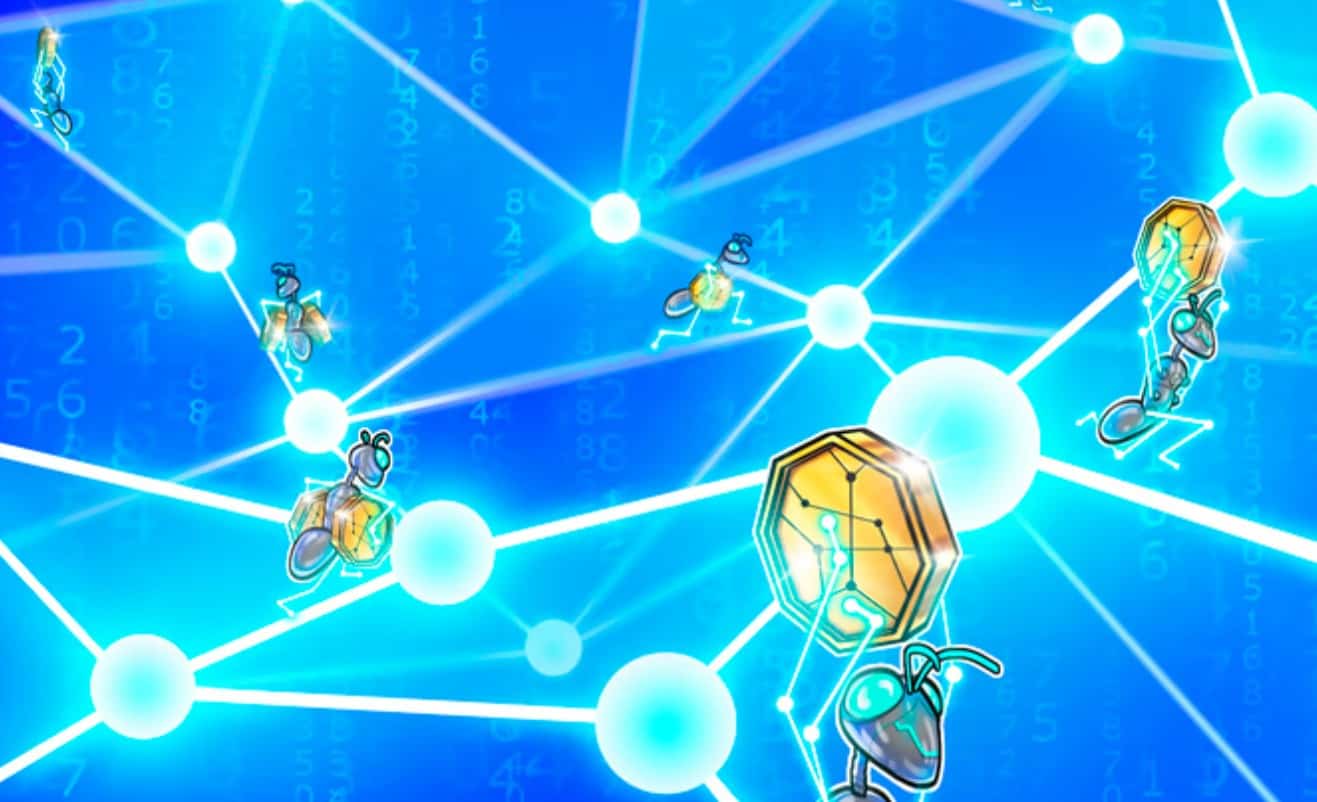
One of the main objections to crypto-based payments is the uncertainty about what will happen if the internet goes down. Will users be unable to access their wallets?
This is an issue worth troubleshooting, particularly in regions often subject to power shortages or difficulty accessing the web.
However, this may no longer be a problem, as the Sui blockchain has been exploring what it calls “internet-less transactions” through an innovation mechanism to keep crypto flowing regardless of the circumstance.
Cointelegraph’s Andrew Fenton spoke with Adeniyi Abiodun, one of the co-founders of Mysten Labs, the developers behind Sui, to understand how they’re bringing “internet-less” crypto texts to the world.
Offline transactions
According to Abiodun, the idea is to use mobile networks, or even radio waves, to send through crypto texts when the internet is down.
He said the team has already completed research that allows them to transmit transactions over using just the waves under the water, long-distance radio, and even compressing transactions in such a small way that it can fit in a smaller size of a text message:
“We can effectively allow you to transmit transactions using multiple communication channels without the internet as a relay. That matters when you have disaster recovery issues, when you have outages, or when you just have low connectivity areas.”
Abiodun said this could be a “very powerful” development within the crypto space, particularly regarding unilateral payments. “We call it internet-less transactions.”
Sui has already tested this method, and it’s “already working,” according to Abiodun. Now, the task is to integrate this to be operational in Internet of Things devices, which could also benefit decentralized physical infrastructure (DePIN) projects, something that Sui is also investigating.
A DePIN future
DePINs have been a rapidly expanding niche of Web3 and the decentralized space, with some insiders saying that they are poised to disrupt major industries like cloud computing.
Abiodun called the idea behind DePINs “very natural.” User participation will work to collectively run a public piece of infrastructure, benefiting the greater public while earning rewards over time.
“It’s a way to actually fund public infrastructure without a huge economic outbreak. We’ve done it with consumer devices. You could also reverse it out for large enterprises as well.”
In a scenario with no cellular connectivity or internet at all, yet GSM is available, Sui’s idea is to use mesh networks to relay messages. This could look like the use of satellites, relay mechanisms or even radio.
“If I open up a radio channel between two relayers, and I can encrypt a message that can go over radio and one end to the other, it’ll be delivered to your phone directly. I think these are the kind of things we’re looking at, because it gives you new ways to do payments.”
However, these internet-less transactions don’t have to stop at just payments. “It could be coupons, rewards, a credit-based system or literally just data-related as well.”
Some DePIN projects are already in the space, such as the Helium Mobile project, which is working to create a decentralized mobile and wireless network.
Wifi Dabba, an Indian internet service provider, launched a second round of its DePIN-powered devices on the Solana network in March to bridge the digital divide and connect millions to the internet.
Creating access
Many of these projects aim to widen access to digital services such as mobile networks and the internet, as is the case with Sui’s internet-less transactions and payments.
Abiodun said financial access has “always been something we cared about” and drives its focus on user experience. “We wanted more users to access financial services for cheap.”
“If we can reduce the barrier of entry for people who don’t have the internet, then it means that more people can reach, so it’s an obsession of how to reach more people […] The more people that can access, the stronger the network effects you create.”
In other words, not just banking the unbanked, but banking the unbanked and the offline.
He said that Sui is working with Chip Wireless, a Canadian mobile service provider, to test its ideas and is considering expanding into target markets such as Africa.
“If there’s a way to use technology to bridge that gap and do that at no cost to people who need it, then look, that’s a great endeavor as a whole.”
